The ELD mandate, published in 2015 and enforced starting in December 2017, significantly changed how truckers deal with commercial driver log book regulations. Paper logs were replaced by electronic logging devices to record driving activity more accurately by synchronizing directly with the vehicle’s engine. Besides driving time, ELDs also provide useful information that can be used by fleet managers to identify areas of opportunity and optimize operational processes.
Automatic notifications sent by the system help drivers avoid HOS violations and expensive fines, and most logbooks will offer features to improve fleet visibility, manage maintenance, reduce fuel waste, and more. In this article, we will touch upon the legal aspects of the ELD mandate, discussing commercial driver log book regulations in detail, and see how a reliable electronic logbook can help your business. Let’s start with the principal requirements of the elog rule.
Do you have any questions? Talk to ELD Advisor: 650-405-3372 or Request Callback
The Key Requirements of the ELD Mandate
The trucking law requires drivers of property- and passenger-carrier vehicles to keep their records of duty status using electronic logging devices. These commercial driver log book regulations apply to most CMV operators, however, under certain circumstances, drivers may be exempt from using an ELD:
- The short-haul exception: drivers meeting the short-haul criteria — including operating within a 150-air-mile radius and returning to the same reporting location — may be exempt from using electronic logs.
- Drivers keep RODS for up to eight days during a 30-day period.
- Drive-away-tow-away: the vehicle being driven is the actual commodity.
- The vehicle’s engine was manufactured before the year 2000.
The rule also establishes standards for ELDs. In order to comply with the mandate, providers are required to undergo a self-certification process and declare that their product is compliant. These devices are then registered with the FMCSA and the official list can be consulted in their web page.
Drivers are required to keep the following supporting documents in the cabin:
- A driver’s manual with instructions on how to operate the ELD.
- An instruction sheet on how to produce and transfer RODS to an authorized safety official during an inspection.
- An instruction sheet on what to do in case of ELD malfunctions and how to maintain compliant RODS in the meantime.
- A supply of blank graph-grids the driver’s to keep RODS and other related information for at least 8 days.
There are more than 800 electronic logging devices available in the US market. However, the quality offered by providers vary and malfunctions can lead to downtime and additional expenses related to delays in deliveries and penalties. Since authorities do not independently verify every device on the FMCSA’s registration list, taking the time to read user reviews could help in choosing reliable elogs.
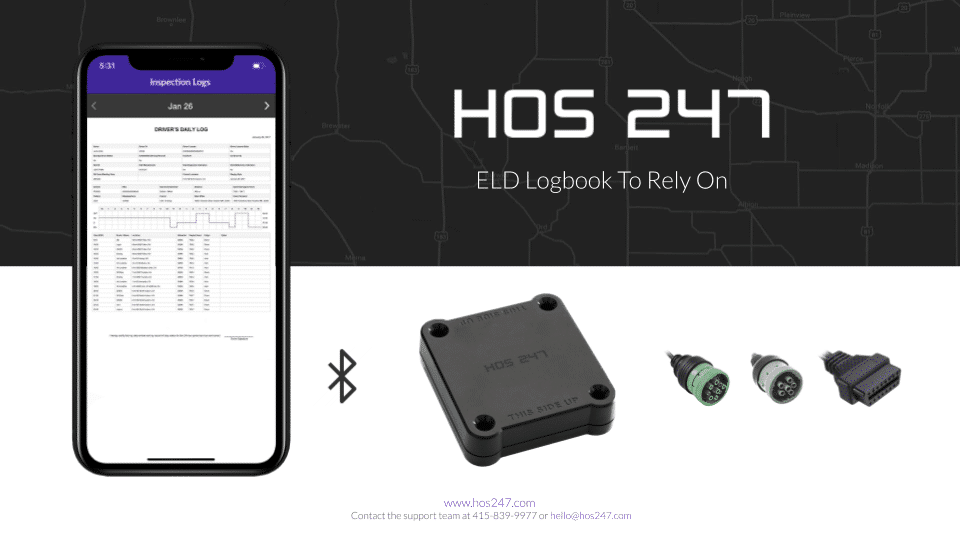
HOS247 ELD for Commercial Drivers
HOS247 is a top-rated provider that offers a high-quality ELD solution, top-rated by truckers on Google Play and the Apple App Store. What distinguishes HOS247 from other providers is our customer-centered approach that allows our clients to get maximum benefits from the solution. Here are the characteristics that define the HOS247 electronic logging device:
- Top-rated customer support. Hanging on the phone for hours is one of the most frustrating experiences a driver can have when trying to solve a problem with their elogs. No matter how straightforward the system is, there will be reasons customers need assistance with technical or compliance issues and will need to speak with someone qualified. The HOS247 service is backed up by accessible multilingual support agents available seven days a week. Our experts will help you troubleshoot, solve doubts about commercial driver log book regulations and provide all the necessary instructions to make the use of the system as smooth as possible. Thanks to our callback policy, no customer will be left unattended: if the call drops, we will call you back immediately.
- High-quality hardware. HOS247 offers dependable hardware for every commercial truck vehicle in your fleet. The devices are easy to install and are compatible with different vehicle classes. The HOS247 hardware has a warranty: we offer a free replacement if the product presents malfunctions within the first year of service.
- Straightforward software. Our app has a friendly interface so drivers can manage their logs with a few clicks. Fleet managers can obtain drivers’ HOS information and can analyze the metrics collected by the system via the online portal.
- Flexible customer policies. At HOS247, we have developed a system to accommodate different businesses’ needs. Instead of long-term contracts, we offer monthly or yearly subscriptions that can be scaled or canceled at any time without hassle. Our trial period allows potential clients to test the system for two-weeks with the option to receive a refund if they are not satisfied. Also, HOS247 pricing is always transparent; our services have no hidden fees.
- Additional features. The HOS247 ELD can be enhanced with extra features such as real-time GPS tracking, idle reporting, IFTA mileage calculations, fleet maintenance, and vehicle diagnostics. These digital tools help significantly reduce the cost of operations, facilitate administrative processes, optimize dispatch tasks, and boost operational productivity.
Designed to assist with compliance, the HOS247 ELD helps drivers stay aware of potential HOS violations. In the next section, we will discuss the specifics of these commercial driver log book regulations.
HOS247 ELD Supports Current Commercial Driver Log Book Regulations
The main FMCSA commercial driving rules are built around timeframes that establish on-duty and off-duty limits to minimize the risk of overworking among drivers. On-duty is a period when drivers work or are required to be ready to work. It includes: driving time, dispatch (loading, unloading, supervising), inspection, truck service, and repair, driver’s training, and paperwork for shipments. A gray zone in commercial driver log book regulations is called “traveling time.” It refers to when a driver is transported to a new location while not performing any driving on the trip, as in the case of team drivers.
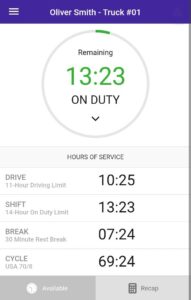
For RODS purposes, traveling time is considered on-duty time. A timeframe when a driver is free of work activities is called off duty, and it refers to the following: time spent resting in or on a parked vehicle; a required 10-hour off-duty period called the sleeper berth; and up to 2 hours riding in the passenger seat of a property-carrying vehicle before or after a period of at least 7 consecutive hours in the sleeper berth.
How many hours can a commercial driver drive?
Under FMCSA regulations, drivers may not drive after accumulating 60 hours on duty in 7 consecutive days or 70 hours on duty in 8 consecutive days, depending on the carrier’s schedule. Within these work periods, several specific limits govern on-duty time, driving hours, and required rest breaks.
- The 14-hour rule limits drivers to a 14-hour on-duty window after coming on duty following 10 consecutive hours off duty.
- The 11-hour rule allows property-carrying CMV drivers to drive up to 11 hours within that 14-hour period, provided they have taken the required 10 consecutive hours off duty. For passenger-carrying CMV drivers, the limit is 10 hours of driving after 8 consecutive hours off duty.
- The 30-minute break rule requires drivers to take a break of at least 30 consecutive minutes after 8 cumulative hours of driving time without such an interruption.
Together, these rules are designed to promote road safety by preventing fatigue and ensuring drivers get adequate rest. Understanding these limits — and using tools like ELDs to track them accurately — helps carriers stay compliant and supports safer, more efficient operations on the road.
State-Specific Log Book Regulations
While the federal ELD mandate establishes nationwide standards for commercial driver log books, intrastate operations may be subject to additional regulations depending on the state. Understanding these specific variations is crucial for maintaining compliance, especially for carriers that operate across multiple jurisdictions.
Differences in Log Book Requirements for Intrastate Trucking
Intrastate trucking refers to operations that happen entirely within a single state’s boundaries. Although many states have adopted the federal FMCSA rules, some important differences exist:
- Hours of service variations. Some states permit longer driving windows for intrastate commerce, allowing drivers to operate for extended hours compared to interstate regulations.
- Short-haul exceptions. The definition of “short-haul” operations may vary by state, with some jurisdictions extending the air-mile radius beyond the federal 150-mile limit.
- Agricultural exemptions. States with significant agricultural industries often have special provisions that exempt or modify rules for agricultural carriers.
Carriers operating within a single state should consult with their state’s department of transportation to make sure they understand all applicable regulations. This is particularly important for smaller fleets that may expand their operations across state borders. HOS247 ELD solution is designed to help drivers navigate these complex regulations by supporting multiple rule sets and providing alerts specific to the jurisdiction in which the truck is operating.
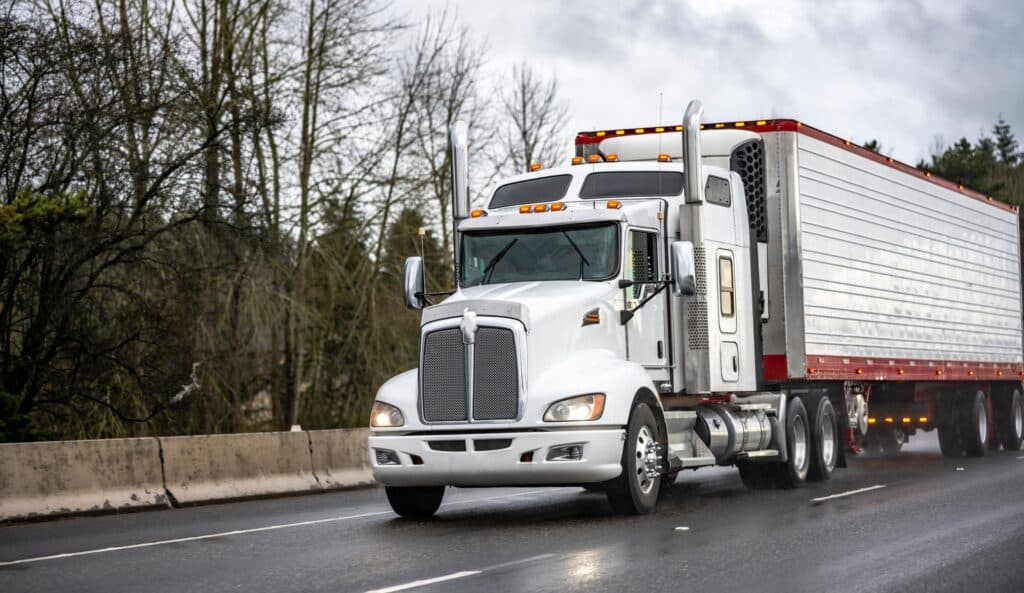
Common Log Book Violations and How to Avoid Them
Despite the transition to electronic logbooks, commercial drivers continue to face challenges with compliance. Understanding common violations can help carriers implement preventive measures and avoid costly penalties. Here are the most frequent issues and strategies to address them.
Falsifying Log Book Entries
Falsification remains one of the most serious violations, carrying severe penalties including potential disqualification of drivers:
- Form and manner violations. Incorrect information about carriers, vehicles, or drivers can be considered falsification even when unintentional.
- Misrepresenting location data. Attempting to override or tamper with an ELD’s GPS functionality constitutes a serious violation.
- Claiming personal conveyance improperly. Using personal conveyance status to disguise on-duty driving is a common form of falsification.
Prevention Strategy. The HOS247 ELD automatically records engine data and location information, making it difficult to falsify records. Additionally, the system’s clear status indicators help drivers select the appropriate duty status, reducing the risk of unintentional misrepresentation.
Failure to Update Duty Status
Many violations occur simply because drivers forget to update their status when transitioning between activities:
- Not logging off-duty time. Failing to record meal breaks, rest periods, or other off-duty time can lead to unnecessary HOS violations.
- Incorrect use of “on-duty not driving”. Drivers sometimes forget to switch to this status when performing non-driving tasks such as loading or unloading.
- Delayed updates. Making status changes significantly after they occurred can trigger compliance issues during an inspection.
Prevention strategy. HOS247’s user-friendly interface makes status updates quick and intuitive. The system also provides automatic alerts when a status change might be needed, helping drivers maintain accurate logs throughout their workday.
Not Retaining Logs for the Required Period
The FMCSA requires motor carriers to retain driver logs and supporting documents for a minimum period:
- Incomplete records. Missing days or partial logs within the required retention period constitute violations.
- Inaccessible backup data. Electronic logs must be accessible even when primary systems fail.
- Missing supporting documents. Failure to retain fuel receipts, bills of lading, and other supporting materials that verify log accuracy.
Prevention strategy. The HOS247 platform automatically stores logs for the required retention period and backs up data securely in the cloud. Fleet managers can access historical records through the online portal, ensuring documentation is always available for compliance reviews or audits.
Best Practices for Staying Compliant
Implementing these best practices can significantly reduce the risk of log book violations:
- Regular training. Conduct periodic refresher training on hours of service rules and proper use of the ELD system. HOS247 provides training resources to help drivers understand commercial driver log book regulations.
- Pre-trip planning. Plan routes and schedules with HOS compliance in mind, accounting for potential delays and required rest periods.
- Daily log review. Drivers should review their logs at the end of each shift to certify accuracy and make any necessary corrections while events are still fresh.
- Proactive violation monitoring. Use the HOS247 dashboard to identify patterns or trends that might lead to violations before they become problematic.
- Documentation discipline. Develop a systematic approach to collecting and organizing supporting documents that verify the accuracy of electronic logs.
- Regular audits. Conduct internal compliance audits to identify and address potential issues before they are discovered during roadside inspections or FMCSA audits.
By implementing a reliable ELD solution like HOS247 and following these best practices, carriers can reduce their risk of log book violations, avoid penalties, and maintain a good CSA score. The system’s easy-to-use design, automatic alerts, and comprehensive support help drivers focus on their main responsibility — safely transporting goods — rather than worrying about compliance details.
The right electronic logbook solution can assist carriers in maintaining compliance with commercial driver log book regulations and also provides valuable data that can be used to improve efficiency, driver safety, and overall fleet performance. With its user-friendly interface, reliable hardware, and top-rated customer support, HOS247 offers a quality solution for carriers of all sizes looking to optimize operations and improve profitability.
Do you have any questions? Talk to ELD Advisor: 650-405-3372 or Request Callback
Ways ELDs Can Help Your Business
ELDs help motor carriers achieve compliance with the mandate by keeping accurate HOS records, automating log management and creating reports for roadside officials. Additionally, the data collected by an ELD can be used by truckers to optimize operations and improve productivity. These are some of the benefits of electronic logbooks:
- Automated IFTA calculations. By automating the proportion of fuel taxes to be paid per jurisdiction, elogs help motor carriers reduce administrative burden.
- Reducing liabilities. The data recorded by ELDs can be presented as evidence to protect drivers from false claims.
- Lower insurance premiums. Insurance companies may offer better rates to companies using electronic logging devices, as they have been proven to reduce accidents.
- Better CSA scores. A reliable electronic logbook helps motor carriers avoid violations of commercial driving regulations, improving their company’s CSA scores, which results in better business opportunities.
Enjoy these and many other benefits with the HOS247 ELD.

The Future of Driver Log Book Regulations
Commercial driver log book regulations are evolving alongside new technologies and shifting industry needs. Carriers that stay informed and choose flexible solutions will be better prepared for upcoming changes.
The FMCSA periodically reviews its rules to improve safety and address operational challenges. Future updates could include more flexibility in how drivers take their required breaks and use sleeper berth time. Electronic logging devices may eventually need to support more advanced features, like deeper vehicle monitoring or integration with onboard safety systems. Exemptions for short-haul drivers, tow-away operations, and older engines may also be revised as electronic logging becomes more widespread.
Technology is playing a major role in shaping the future of log book tracking. Some systems are beginning to use artificial intelligence to recognize driving patterns and predict violations before they happen. Blockchain may offer a way to store driver logs securely and prevent tampering, while integrations with driver assistance systems could connect hours-of-service data with driver alertness and behavior. Advanced telematics are already helping fleets plan routes more efficiently and stay ahead of maintenance needs.
Recent legislation, like the Infrastructure Investment and Jobs Act, also includes provisions that could impact how fleets operate — such as pilot programs for younger interstate drivers. At the same time, more states are introducing their own requirements, creating a more complex compliance landscape. Industry groups are actively working to ensure that new rules are practical and support safe, efficient operations.
As the regulatory environment continues to shift, it’s important to choose an ELD provider that keeps pace with these changes. At HOS247, we’re committed to delivering technology that evolves with the industry while staying easy to use. That way, fleets can stay compliant, efficient, and ready for whatever comes next.
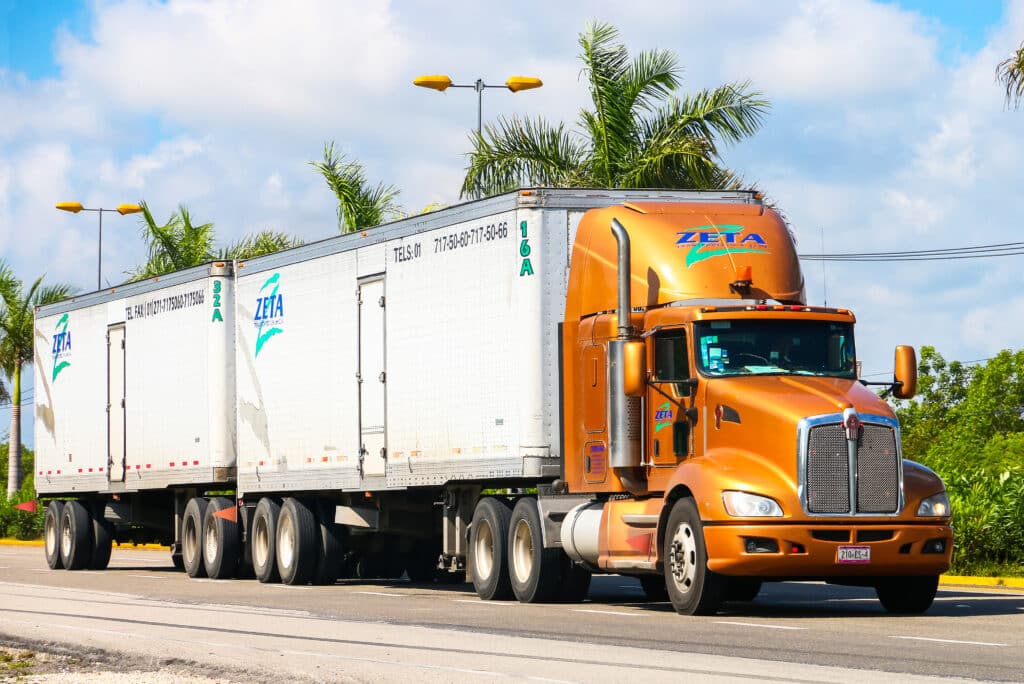
Conclusion
Commercial driver log book regulations form the backbone of the trucking industry’s safety framework and trucking operations must comply to be successful. HOS247’s electronic logging device offers a dependable solution for modern trucking operations with user-friendly interface, reliable hardware, multilingual support, and flexible subscription options.
The right ELD system serves as a valuable business tool that streamlines administrative processes, enhances operational efficiency, improves driver safety, reduces costs, and protects carriers from liability. As regulations evolve and technology advances, partnering with a forward-thinking electronic logbook provider becomes crucial. HOS247’s commitment to reliability and customer care ensures carriers have access to solutions that meet current requirements while adapting to future challenges.
Whether operating a single truck or managing a large fleet, a quality system for maintaining commercial driver logs is essential for both compliance and business success. The two-week trial period offered by HOS247 provides an opportunity to experience how the right elog solution can transform operations, simplifying compliance and providing valuable insights for business growth. In an industry where reliability directly impacts the bottom line, choosing HOS247 means investing in consistent performance, comprehensive support, and peace of mind for your log book compliance needs.
A Note to Our Readers on Compliance
This article is intended for informational and educational purposes only. It is not a substitute for official regulatory guidance or legal advice. HOS and ELD regulations are complex and subject to change and interpretation by enforcement officials. Please always refer to official sources for the most current and accurate information.

As an expert in B2B and B2C sales, I’ve dedicated myself to perfecting sales processes and client retention strategies in the logistics and trucking industry. I have significantly contributed to the expansion of the ELD service, catering to retail and wholesale clients in need of HOS247 ELD solutions. My unwavering commitment to implementing state-of-the-art sales techniques and technologies ensures the continuous growth and success of businesses I work with.












A driving log app is the component of an electronic logging system that allows drivers to visualize and manage hours of service electronically. Log apps allow drivers to visualize and manage the HOS data captured by the tamper-free hardware piece
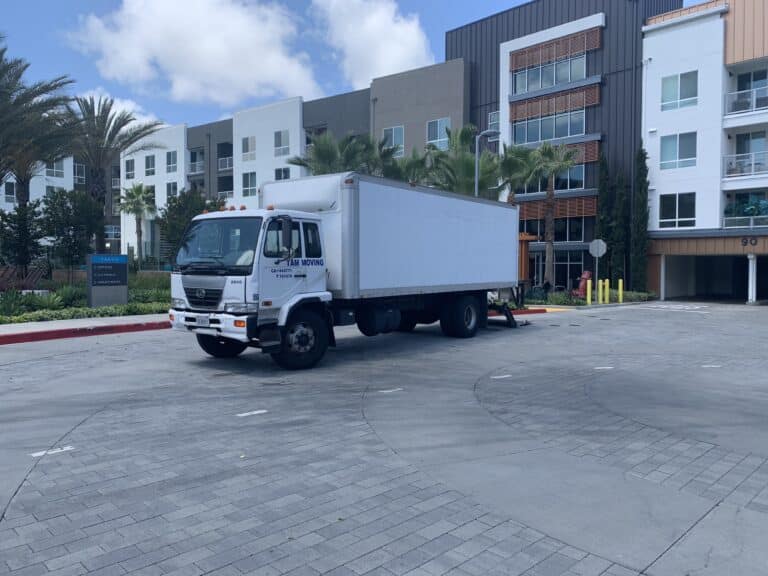
Managing assets effectively is key to running a successful trucking operation. With vehicles spread out across the country, companies need reliable tools to track their fleet, stay in control, and make smart decisions. GPS fleet tracking systems have changed the
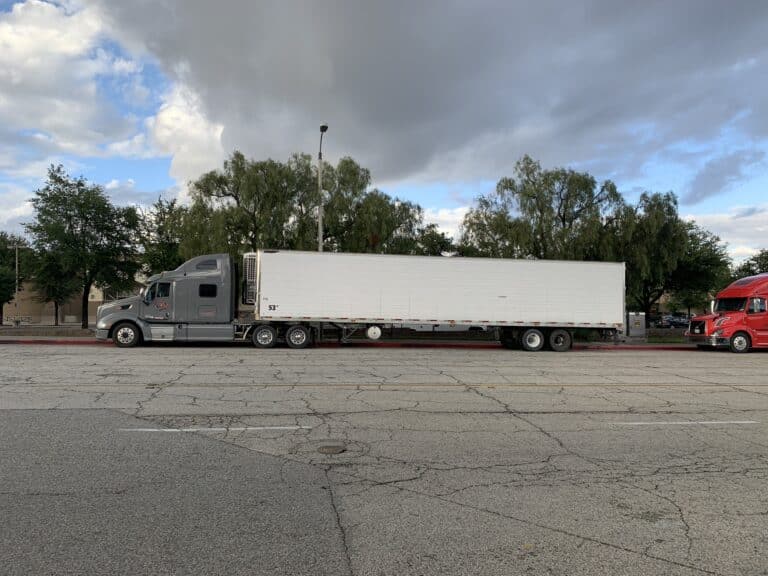
Since December 2019, electronic logging devices have been mandatory for most commercial truck drivers. While compliance isn’t optional, the ELD app you choose absolutely makes the difference between daily frustration and smooth operations. The wrong choice can mean dropped connections